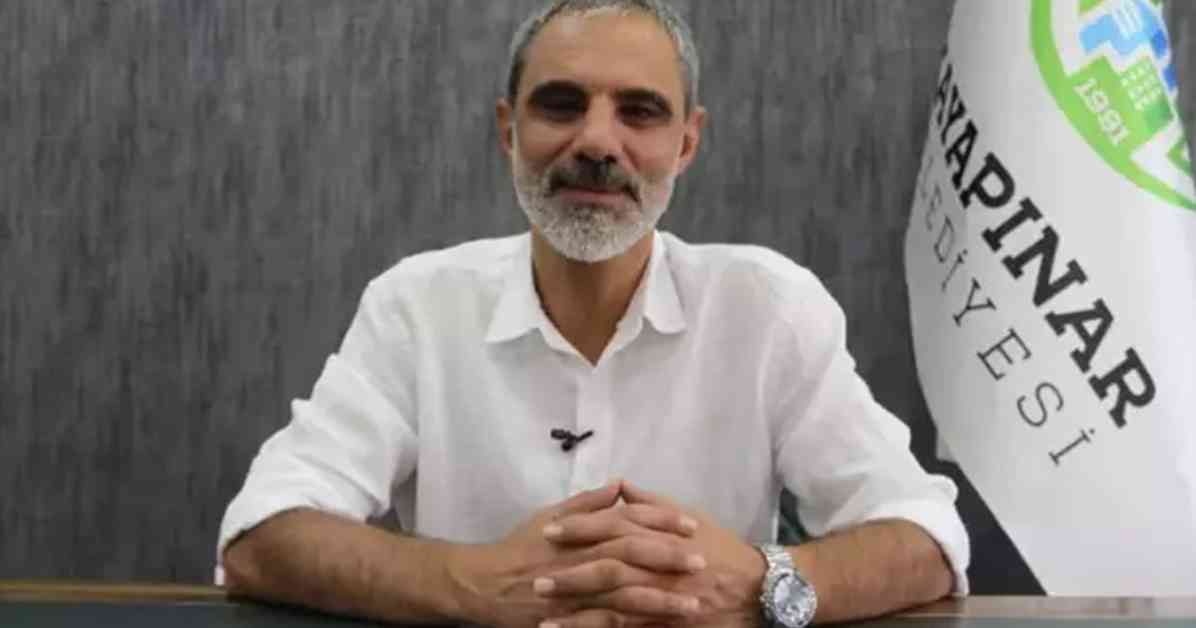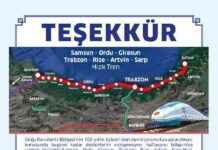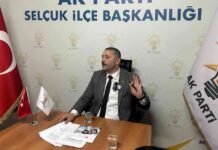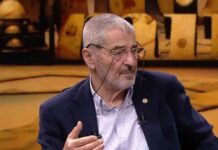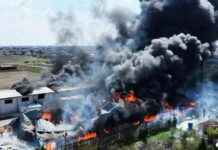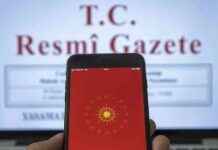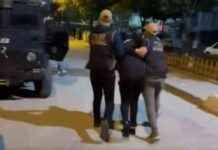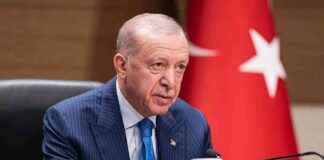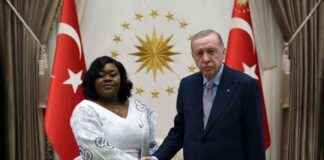Kayapınar Municipality Co-Mayor Cengiz Dündar Arrested – Breaking News
In a surprising turn of events, Cengiz Dündar, the co-mayor of Kayapınar district in Diyarbakır, was taken into custody during a police raid on his home as part of an investigation led by the Diyarbakır Chief Public Prosecutor’s Office. Acting on a search and seizure warrant issued by the Duty Peace Criminal Interrogation Judge, teams from the Counter-Terrorism Branch sprang into action and arrived at Cengiz Dündar’s residence at 5:15 a.m. this morning. After being informed of the detention order, a search was conducted at his home before Cengiz Dündar was taken to the Counter-Terrorism Branch for questioning.
NOT RELATED TO MUNICIPALITY INVESTIGATION
At the time of his arrest, Dündar took to his social media account to announce that he was being detained. He stated, “Police officers have raided my house, searching and preparing to arrest me.” It has been revealed that the investigation is not related to the municipality but rather focuses on the Education and Science Workers Union. Cengiz Dündar, a former educator and member of this union, has held various leadership positions within the organization. Due to the nature of the investigation being directed towards the union, no police measures, security precautions, or blockades were observed in and around the Kayapınar Municipality.
NO POLICE PRECAUTIONS AT THE MUNICIPALITY
It has been confirmed that Berivan Gülşen Sincar, who was elected as the mayor of Kayapınar in the local elections on March 31, is still in office. As all municipalities under the DEM Party operate with co-mayorship, the official mayor according to the certificate issued by the Supreme Election Council is Berivan Gülşen Sincar, while Cengiz Dündar, serving as the co-mayor, is a council member in the municipality.
3 MORE INDIVIDUALS DETAINED
In the same investigation, raids on residences led to the detention of Rosa Metina, the President of the Mesopotamia Women Journalists Association, as well as individuals named Ahmet Sümbül and Ardin Diren. Additionally, simultaneous searches were conducted at the homes of some teachers who are members of the Education and Science Workers Union. The investigation carried out by the Diyarbakır Chief Public Prosecutor’s Office focuses on charges of membership in the terrorist organization PKK and disseminating terrorist propaganda.
Background of the Investigation
The investigation into the Education and Science Workers Union stems from allegations of links to the outlawed PKK terrorist group, which has been engaged in a long-standing conflict with the Turkish government. The union, known for its advocacy of teachers’ rights and educational reforms, has come under scrutiny for suspected ties to the PKK, leading to the recent series of arrests and raids.
Reactions and Concerns
The arrests of prominent figures such as Cengiz Dündar and Rosa Metina have sparked concerns among human rights organizations and advocates for freedom of speech. Critics argue that targeting individuals affiliated with civil society organizations and unions undermines democratic principles and stifles dissenting voices in the region.
Legal Ramifications
As the investigation unfolds, legal experts anticipate a lengthy judicial process involving hearings, evidence gathering, and testimonies. The accused individuals will have the opportunity to defend themselves against the charges brought forth by the prosecution, with potential implications for their political careers and personal freedoms. The outcome of the legal proceedings will determine the future trajectory of the case and its broader implications for civil liberties in the region.
In conclusion, the arrests of Cengiz Dündar and others linked to the Education and Science Workers Union underscore the complex political landscape in Diyarbakır and the ongoing challenges faced by civil society organizations in Turkey. As the legal process unfolds, it will be crucial to uphold the principles of due process and ensure that individuals are granted a fair trial in accordance with international human rights standards.

